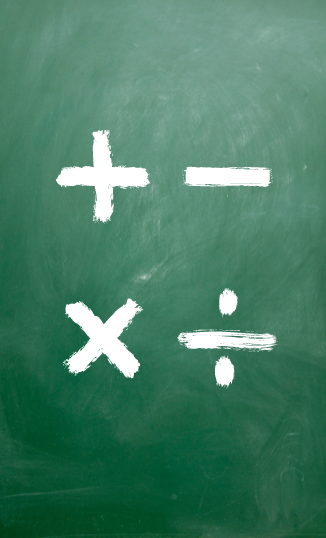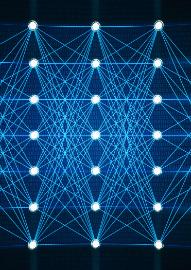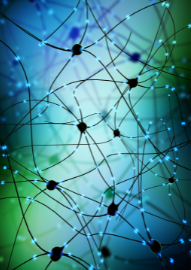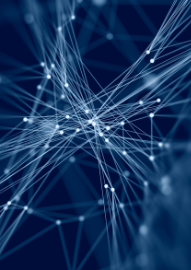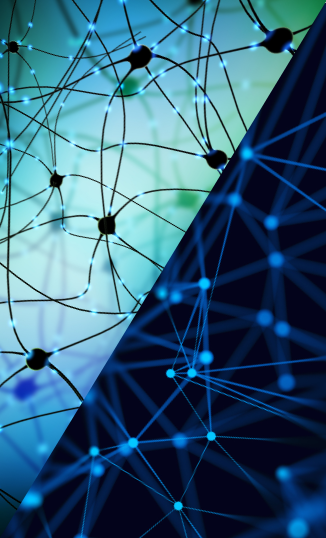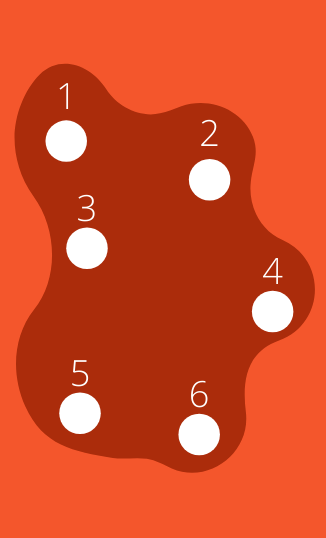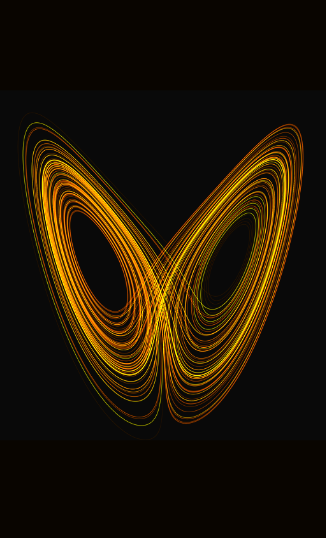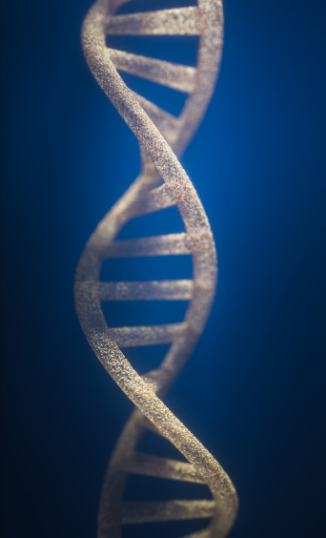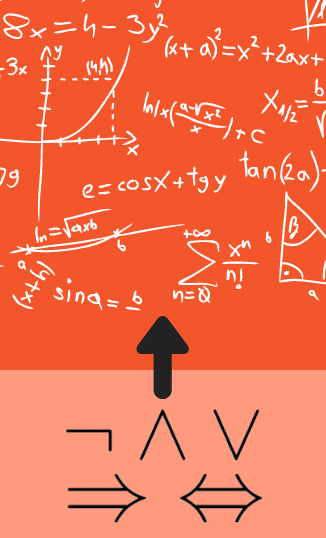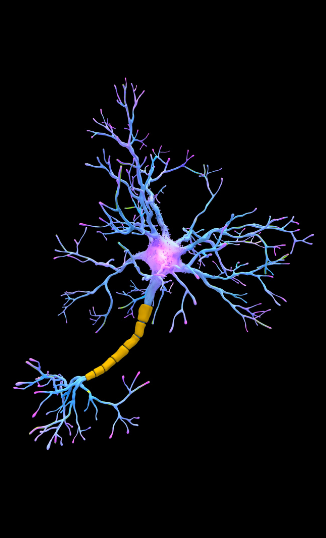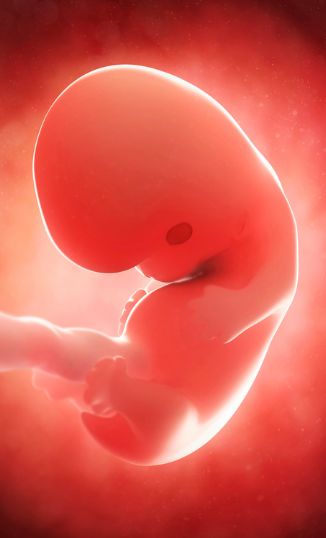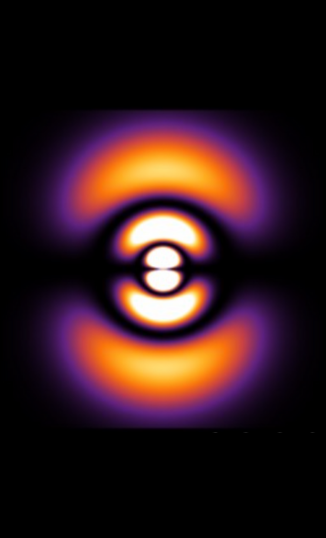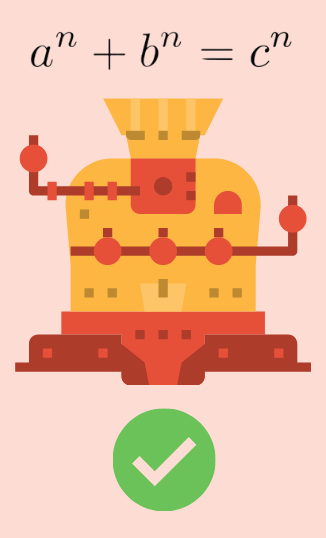FIELD GUIDE
- All
- Anthropology
- Biology
- Cognition
- Complexity
- Computation
- Education
- Mathematics
- Philosophy
- Physics
APPROXIMATE NUMBER SYSTEMCognitive ability to estimate the quantity of a collection of objects without relying on language or symbols.
ARITHMETICProcessing of numerical information by means of the standard operations of addition, subtraction, multiplication, division and exponentiation.
ARTIFICIAL NEURAL NETWORKComputational system vaguely inspired by biological neural networks that operates a large network of relatively simple computing nodes.
BIOLOGICAL NEURAL NETWORKPhysiological tissue composed by neurons and other specialized cells; linked to higher cognitive functions in some animals.
CARDINALITYMeasure of the size of a set; for finite sets this corresponds to the amount of elements in the set.
CATEGORY THEORYMathematical theory that puts emphasis on the relational structure within families of mathematical objects rather than their particular nature. A lingua franca between different branches of mathematics.
CELLMinimal observed unit of conventionally attributed full biological function. Typically, a complex assembly of microscopic molecular machinery.
CLASSICAL PHYSICSCollection of models and theories that describe phenomena at the macroscopic and astrophysical scales; historically, the physical theories predating the discovery of quantum phenomena.
CLASSIFICATIONGeneral problem of determining and assigning categories in a group of individuals sharing traits and behaviour. Known as taxonomy for living organisms.
COLLECTIVE COMPUTATIONThe phenomenon of information processing by a large group of individuals in interaction, each of which processes information individually and communicates with other individuals.
COMPLEX SYSTEMPhysical system with a large amount of components that interact to generate intricate emergent dynamics, self-organization, or chaotic behaviour.
COMPUTATIONAL UNIVERSEThe abstract space of all possible programs that can be executed by a computer following finite sets of instructions.
CONNECTIONISMApproach in cognitive science which assumes that most of the relevant physical substrate of the mind can be modelled by a network.
COUNTABLE SETSet with the same cardinality as some subset of the standard natural numbers. A countable set can be labelled by a (possibly infinite) sequence of natural numbers.
DETERMINISMPhilosophical view which posits that events are completely determined by the past or preexisting causes.
DOWNWARD CAUSATIONThe idea that higher-level features of a system can be a cause of behaviour by lower-level components, such as a mind controlling a body or law regulating society.
DYNAMICAL SYSTEMMathematical model of a physical system that describes its time evolution, typically as a function of its present or past states.
DYSCALCULIACognitive condition that greatly affects a person’s ability to learn mathematical skills, particularly in the manipulation of numbers and quantities.
EMBODIED COGNITIONTheory which posits that cognitive systems should be considered in all their extension (body), not just in the centers of information processing (brain).
EMERGENTISM Philosophical view which posits that collectives can exhibit behaviour that cannot be inferred from knowledge of the individuals.
ENCULTURATIONProcess by which individuals learn the dynamics of their surrounding culture and acquire behaviours appropriate to that culture.
ETHNOGRAPHY Discipline dedicated to the study of human cultural manifestations, typically with a holistic view including history, habitat and human biology.
EVOLUTION Process by which a population of individuals changes over time through mechanisms such as reproduction, inheritance, mutation and selection.
EXTENDED MIND The idea that contents of the mind appear and are articulated in the world. Examples are written languages, cities or technology.
FIELDMathematical object generalizing the algebraic properties of ordinary numbers. Fields are part of commutative algebra, the natural ground for the abstract algebraic study of numbers.
INDETERMINISMPhilosophical view which posits that not all events are determined by the past or preexisting causes, either due to randomness or other mechanisms.
INFORMATION THEORYDiscipline dedicated to the scientific study of the quantification, storage, and communication of digital information.
INTEGER NUMBERS Mathematical object capturing ordinary subtraction and the notion of negative numbers. Prime example of what is known as an (abelian) group in abstract algebra.
INTUITIONISM Philosophical view which posits that mathematics is the result of the constructive mental activity of humans rather than the discovery of fundamental principles claimed to exist in an objective reality.
LINGUISTICS Discipline dedicated to the study of languages. For human populations it entails the study of phonology, morphology, syntax and semantics.
LOGICISM Philosophical view which posits that mathematics is an extension of or can be successfully modelled by formal logic.
METAMATHEMATICSThe systematic study of mathematics, its underlying assumptions and methodology. The mathematics of mathematics.
NATURAL NUMBERSMathematical object capturing the formal structure of the ordinary counting and ordering numbers. This object is at the foundation of most mathematics used in science and engineering.
NEUROPLASTICITYProcess by which biological neural networks rearrange and reorganize themselves leading to adaptation and change of learned behaviours.
NUMERALSSymbol system used to capture numerosity. Examples in humans are the Hindu-Arabic 1, 2, 3, 4… and the Roman I, II, III, IV...
NUMERICAL COGNITIONThe processing of exact and/or symbolic numerical information by a cognitive system. Almost exclusively observed in encultured humans.
NUMEROSITYThe property of a stimulus that makes it comparable to other discrete measurements such as counts or orderings. Abstracted as natural numbers in humans.
ONTOGENYProcess by which an individual is formed. In pluricellular organisms, the process from the fertilization of an egg to the formation of an adult.
ORDINALSSystem of labels used to identify elements in a definite order; for finite sets ordinals correspond to labelling elements of the set with the standard natural numbers.
QUANTICAL COGNITIONThe processing of quantitative information, possibly approximate, by a cognitive system. Observed in many non-human animals and some plants.
QUANTUM PHYSICS Collection of models and theories that describe phenomena at the near-atomic and subatomic levels; characteristic quantum phenomena may present state entanglement and observational indeterminacy.
RATIONAL NUMBERS Mathematical object capturing the formal structure of fractions. Prime example of what is known as a field in abstract algebra.
REAL NUMBERS Mathematical object capturing the formal structure of geometric distances and approximating sequences; typically considered as the mathematical model of physical quantities.
RELATIVITY THEORY Physical theory that provides the most accurate, compact and mathematically elegant model to date for the relation between observers of classical phenomena.
SEMIOTICS Discipline dedicated to the study of signs, symbols and their meaning among populations of individuals.
STATISTICAL PHYSICS Collection of models and theories that describe phenomena involving large amounts of constituents interacting according to known, relatively simple, physical laws.
SUBITIZING Ability to quickly determine the exact quantity of a (small) collection of objects upon perception.
THEOREM PROVER A computational system that automatizes the process of deriving logically consistent statements from a given set of axioms.
THEORETICAL BIOLOGY Discipline dedicated to the formal modelling of biological systems by developing mathematical and philosophical frameworks.
WOLFRAM PHYSICS PROJECT Broad research project aimed at reinterpreting the fundamental laws of physics as emergent phenomena from simple computational rules.

